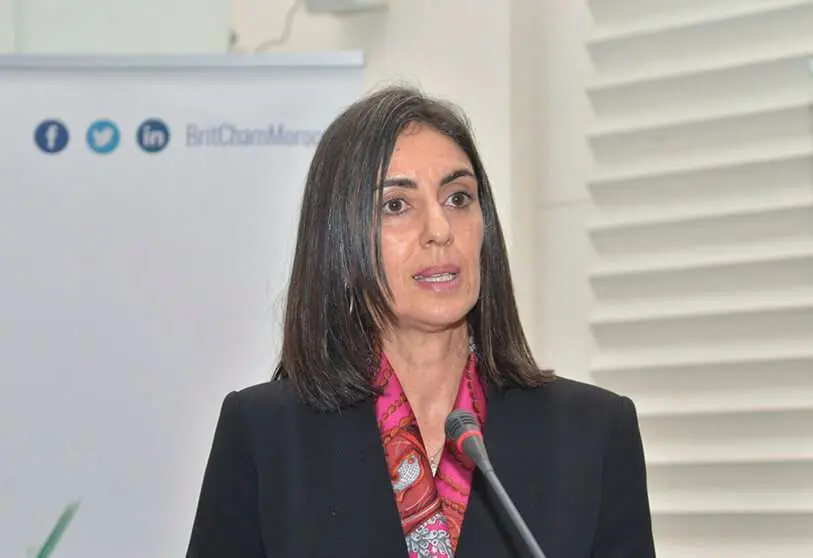Marruecos aprueba el nuevo proyecto de ley de Finanzas para el año 2022

The Council of Government meeting under the mandate of the head of government, Aziz Ajanauch, has approved the new draft finance law for 2022, according to a statement from the government spokesman.
The Minister of Economy and Finance, Nadia Fattah Al-Alawi, pointed out that the PLF approved during this Council is based on "instructions" and "real speeches", as a result of the government's new development model. According to the minister, the bill would have been carried out in a "responsible" manner and is based on a number of pillars that seek to create 2,500 job opportunities in two years, in addition to boosting Dh9 billion for the health and education sectors.

Alawi also pointed out that with this plan, Morocco is expected to experience an economic growth rate of 5.7% this year. With regard to public investments, the government has announced an economic plan in which it will allocate 245 billion dirhams.
This plan is part of the new government's plans to build a government committed to social welfare. The measures enacted by the new government aim to reform the economy through the construction of a social state, create an effective system to support vulnerable families, restructure the health system and carry out a series of reforms in Moroccan public education.
On the health front, part of the 9 billion dirhams announced will be used to increase the number of health workers and develop an ironclad system to cover the entire country.

Moreover, based on Ajanauch's objectives of "stimulating the national economy for the benefit of employment", the government has pledged to create at least one million jobs by "reducing regional disparities and accelerating the pace of digital transformation".
In the social sphere, the new measures are aimed at granting 2.7 million dirhams to people over 65 years of age, a sector of the population of which 68% of citizens have no retirement benefits.








